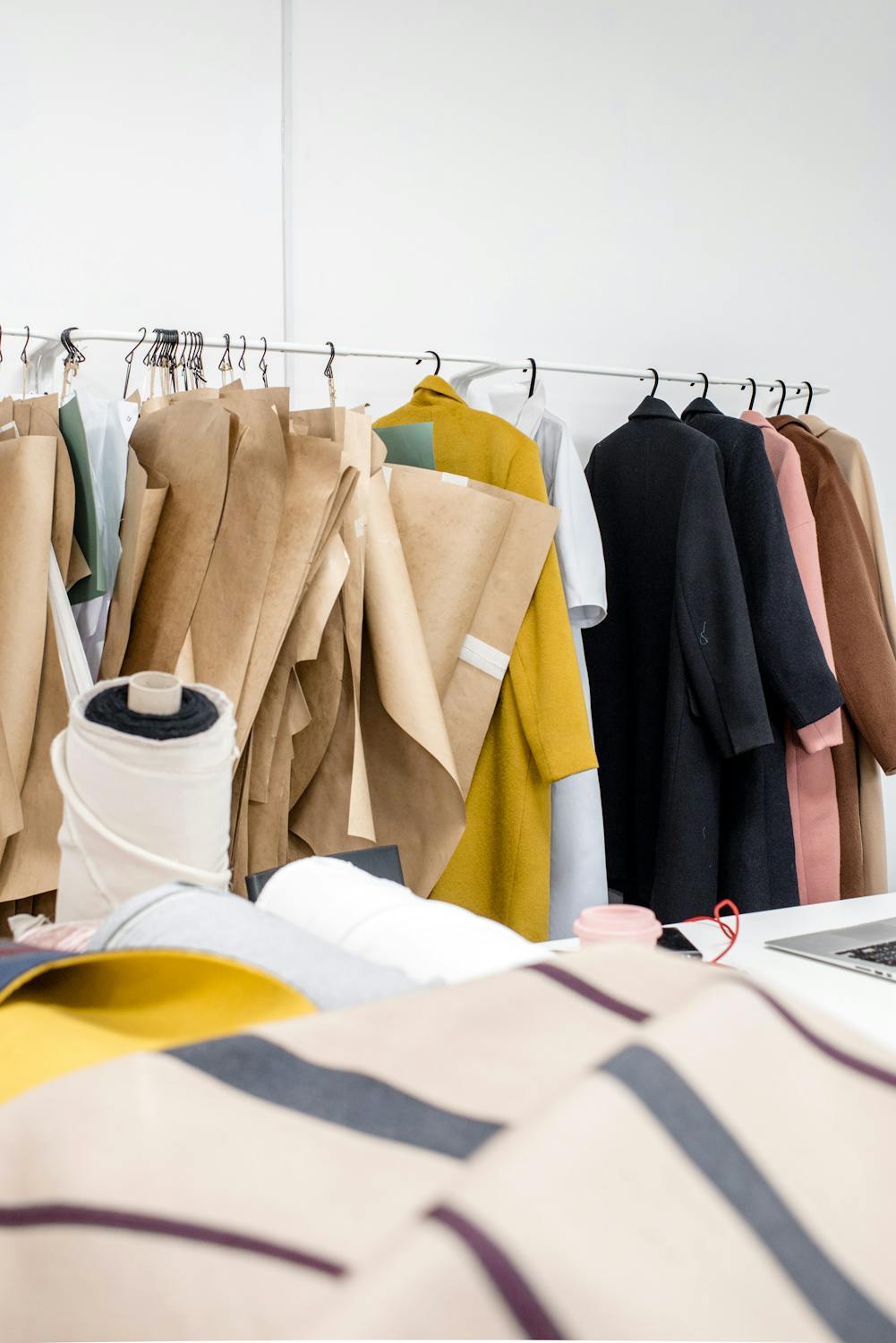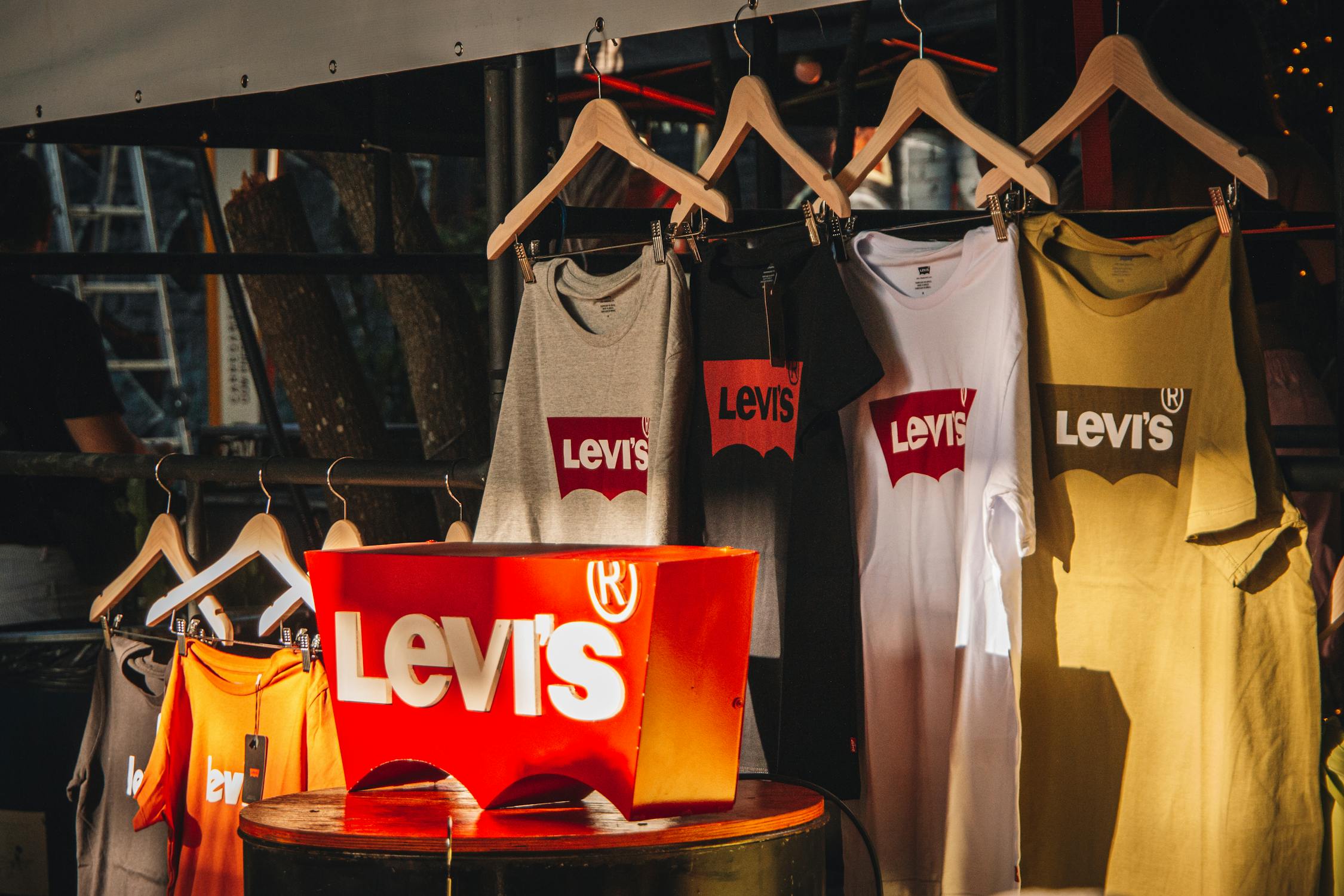Proposed in multiple regions such as California, New York, Sweden, the Netherlands, Italy, the UK, and the EU, a groundbreaking solution aims to hold fashion businesses accountable for their textile waste. These initiatives, known as "extended producer responsibility" (EPR) programs, would require fashion brands to cover the costs of textile recycling by implementing charges based on their clothing production volumes.
Inspired by successful models used for challenging-to-recycle items like batteries, mattresses, and medical sharps, EPR programs impose penalties on companies based on product volume or compel them to establish their own recycling systems.
The fashion industry faces an escalating, largely overlooked issue of waste. In the EU alone, approximately 4 million tonnes of textile waste are generated annually, while the US witnessed a staggering 80% increase from 2000, generating 17 million tonnes in 2018. Clothing that doesn't end up in local landfills is often shipped in substantial quantities to developing nations.

The Or Foundation Reports That Ghana Receives a Massive Influx of 15 Million Used Clothing
Ghana, for instance, receives a staggering influx of up to 15 million used clothing items every week, according to the Or Foundation, an organization championing legislation to reduce fashion waste.
Advocates of EPR programs for textiles remain hopeful that these initiatives will curtail overproduction, stimulate innovative recycling methods, and inspire businesses to produce higher-quality goods. EPR fees are anticipated to be passed on to consumers, as the demand for inexpensive apparel has fueled overconsumption.
Based on the Or Foundation's recommendations, cost assessments for EPR should commence at $0.50 per garment and escalate to a minimum of $2.50, considering factors such as reuse, recycling expenses, and environmental impact.
Fashion Brands Take Action Through Resale Initiatives
Recognizing the urgency, fashion brands have already begun implementing their own resale initiatives, with old goods being sold on platforms like ThredUp Inc. Several EPR regulations, including one set to take effect in the Netherlands in July, mandate that businesses collect worn clothing. While certain clothing manufacturers, such as Levi Strauss & Co., Madewell, Zara, and the H&M Group, have voluntary take-back programs in place, these efforts are insufficient in addressing the overall waste predicament.
- Levi Strauss & Co.: a renowned denim brand, Levi's has implemented a voluntary take-back program. Through their initiative, known as the Levi's SecondHand program, customers can bring back their used denim items to participating Levi's stores. The collected garments are then sorted, and those in good condition are made available for resale as secondhand items. This program encourages customers to extend the lifespan of their jeans and promotes the circular economy by reducing waste.

Madewell: a popular clothing brand known for its casual and sustainable fashion, Madewell has also established a voluntary take-back program. Their program, named "Madewell Archive", encourages customers to return their used Madewell denim items to any Madewell store. In return, customers receive a discount on their next denim purchase. This initiative aims to promote recycling and reduce the environmental impact associated with discarded clothing.
Zara: Owned by Inditex SA, Zara, a globally recognized fast fashion retailer under the Inditex umbrella, has introduced a voluntary take-back program called "Closing the Loop." Customers can bring their unwanted clothing, regardless of the brand, to Zara stores for recycling. The collected garments are sent for recycling or repurposing, thus diverting them from landfills. Zara's initiative aims to encourage customers to recycle their clothing and contribute to a more sustainable fashion industry.
Hennes & Mauritz AB (H&M): a major fast fashion retailer, H&M has long been at the forefront of sustainability efforts in the industry. They have a voluntary take-back program called "H&M Garment Collecting." Customers can bring their unwanted garments, of any brand and condition, to H&M stores worldwide. H&M collects the garments for recycling, and some are transformed into new textile products. This program emphasizes the importance of closing the loop and reducing the amount of clothing that ends up in landfills.
These voluntary take-back programs by Levi Strauss & Co., Madewell Inc., Zara (Inditex SA), and H&M represent significant efforts by these clothing manufacturers to promote recycling, encourage responsible consumer behavior, and reduce the environmental impact of the fashion industry. However, it is important to note that voluntary initiatives alone may not be sufficient to address the overall waste predicament faced by the industry, and the implementation of mandatory regulations can play a crucial role in driving more comprehensive change.